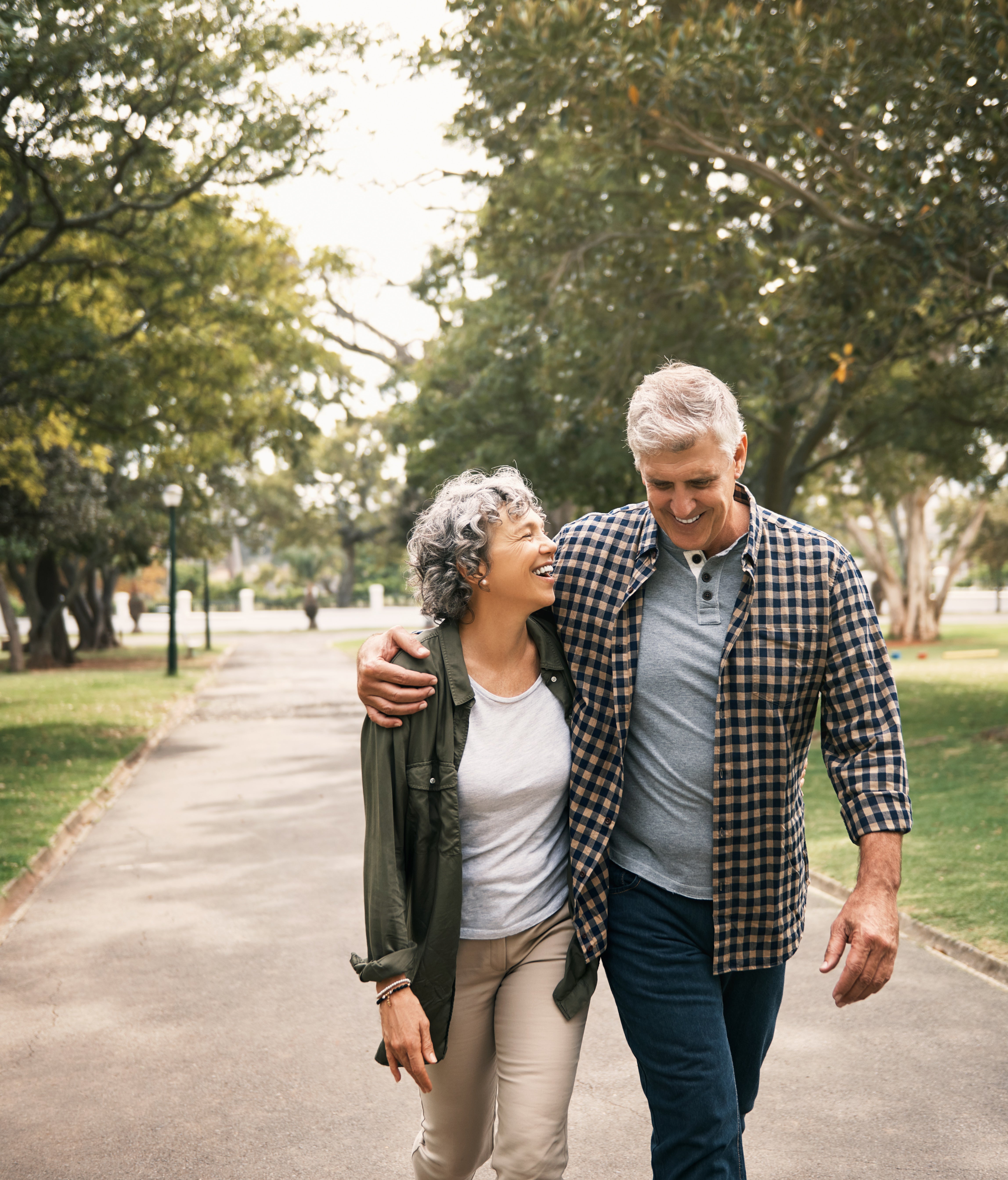Holy Cross Health has long prioritized serving older adults through programs and services targeted to their unique needs – both medical and overall wellness.
“Creating healthy communities is much larger than just providing great medical care to people who are sick. It’s working to transform communities in ways that provide those we serve with opportunities to live healthy, fulfilling lives,” said Annice Cody, president, Holy Cross Health Network. Holy Cross Health has long led the way in working to provide such opportunities to our senior population.
In 2008, Holy Cross Hospital opened the first Seniors Emergency Center in the United States. Staffed with a team specially trained in geriatric care, the Center has amenities and services tailored to seniors, such as non-slip floors, light dimmers, and a quieter environment. After discharge, seniors receive a follow-up phone call.
“We want to prevent a return visit to the emergency department, and make sure patients understand discharge instructions and are following up with their health care providers,” said Marcy Smith, MSW, LMSW, geriatric social worker at the Center. “We also connect patients with necessary resources, including the Holy Cross Health Centers and Health Partners, primary care physicians, and community education to learn about prevention and management of diseases. “We’re making sure older adults have access to health care, but also to wellness,” said Smith.
Since 1995, thousands of area seniors in Montgomery and Prince George’s counties are getting healthier through our Senior Fit program designed for adults 50+ to improve strength, flexibility, and cardiovascular endurance. Holy Cross also provides virtual and in-person classes on managing chronic diseases and preventing falls. “These are programs that keep people out of acute medical situations,” said Cody.
Holy Cross Health’s Medical Adult Day Center enables older adults to live at home and spend their days in a safe and engaging social environment. Our Caregiver Resource Center provides support groups, education, and assistance to those who care for seniors or disabled adults.
All our Holy Cross Health Partners primary care practices participate in the Maryland Primary Care Program which provides Medicare beneficiaries with enhanced services to improve care coordination, reduce avoidable hospitalizations, and engage patients in their care. Our Partners practice at Asbury Methodist Village is staffed by geriatricians who are specifically trained to care for older adults.
“Preventive care, medical treatment, education, and meeting social needs are interconnected,” said Cody. “In addition to caring for individual patients, we work with many community partners to identify needs and determine ways to respond for a holistic approach to health and well-being.”
To learn more about quality senior care, visit HolyCrossHealth.org/seniorcare
Bharati Srivastava, MD, AGSF, FACP, a specialist in geriatric medicine at Holy Cross Health Partners at Asbury Methodist Village, gives practical advice to keep seniors healthy.
Q: As people age, what are the most important things they should do?
- Have a primary care physician. This doctor can create a preventive care plan based on your specific needs, take care of acute problems like bronchitis and chronic conditions such as diabetes or dementia, and refer you to specialists. Think of the primary care physician as your health care manager.
- Keep a current list of your medications, including doses and strengths, and give it to all your doctors to prevent possible drug interactions. I encourage my patients to bring their prescription and over-the-counter medications – in their bottles – to their appointment so we can review them together. I often find expired pills, duplicate medications, drugs they’re not taking and supplements they don’t need.
- Advance care planning becomes more important with age. Make sure you understand what legal documents you need to dictate your medical care. A discussion with your primary care physician is a good place to start.
Q: What health conditions are seniors more at risk for?
A: Falls are the biggest concern because they can lead to major injury. The risk increases with some medications, medical conditions or general weakening with age. To minimize risk, talk with your primary care physician to see if medications may be causing imbalance or gait issues and exercise regularly as advised by your doctor. Make sure your home is well-lit at night, don’t have loose rugs, and keep the path to the bathroom free of clutter.
Memory loss is a frequent concern. Keep your brain active through social interaction with family and friends, brain-stimulating games, regular exercise and a balanced diet. Dementia is related to stroke. If you’re at risk of stroke, ask your doctor what you can do.
Urinary tract infections are also common, particularly in women. To prevent them, it’s important to stay hydrated and practice correct hygiene.
Q: What’s the best exercise for seniors?
A: Walking, unless you have a balance issue. Brisk walking for 150 minutes per week is ideal. If you’re new to exercise, start slowly with five minutes and gradually build up to 30 minutes a day within a month.

